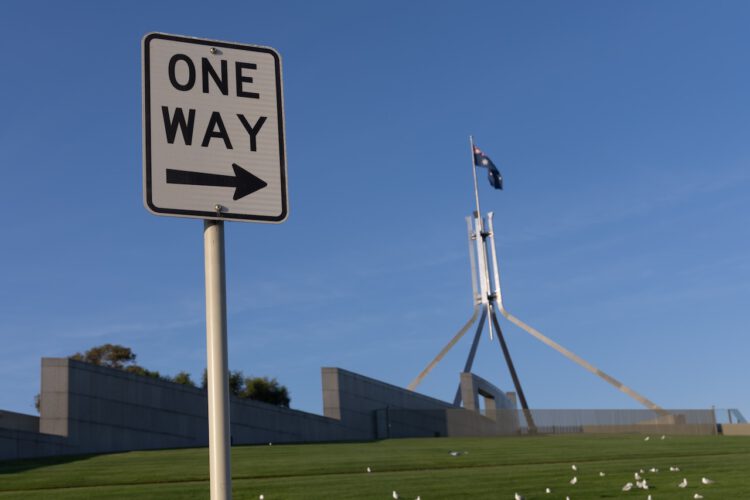Health insurance premium hike needs to be justified: minister
Penny Wong marks one year since Dr Yang Jun received a suspended death sentence
Foreign minister Penny Wong (who has been a little quieter than usual lately) has released a statement on the “difficult and dark time” Australian academic Dr Yang Jun has been through, one year on from receiving a suspended death sentence:
“Today marks one year since Australian citizen, Dr Yang Jun, received a suspended death sentence in Beijing. The past year, and the five years of detention before his sentencing, have been a difficult and dark time for Dr Yang. Throughout, he has demonstrated his inner strength and remarkable resilience.
Today, my thoughts are with Dr Yang, his family and his many loved ones. The Australian Government has made clear to China that we remain appalled by Dr Yang’s suspended death sentence. We hold serious concerns about Dr Yang’s health and conditions. We continue to press to ensure his needs are met and he receives appropriate medical care.
Dr Yang is entitled to basic standards of justice, procedural fairness and humane treatment, in accordance with international norms and China’s legal obligations. In his communication with the Government, Dr Yang has made clear he knows he has the support of his country. We want to see him reunited with his family. The Government will continue to advocate for Dr Yang at every opportunity.”
